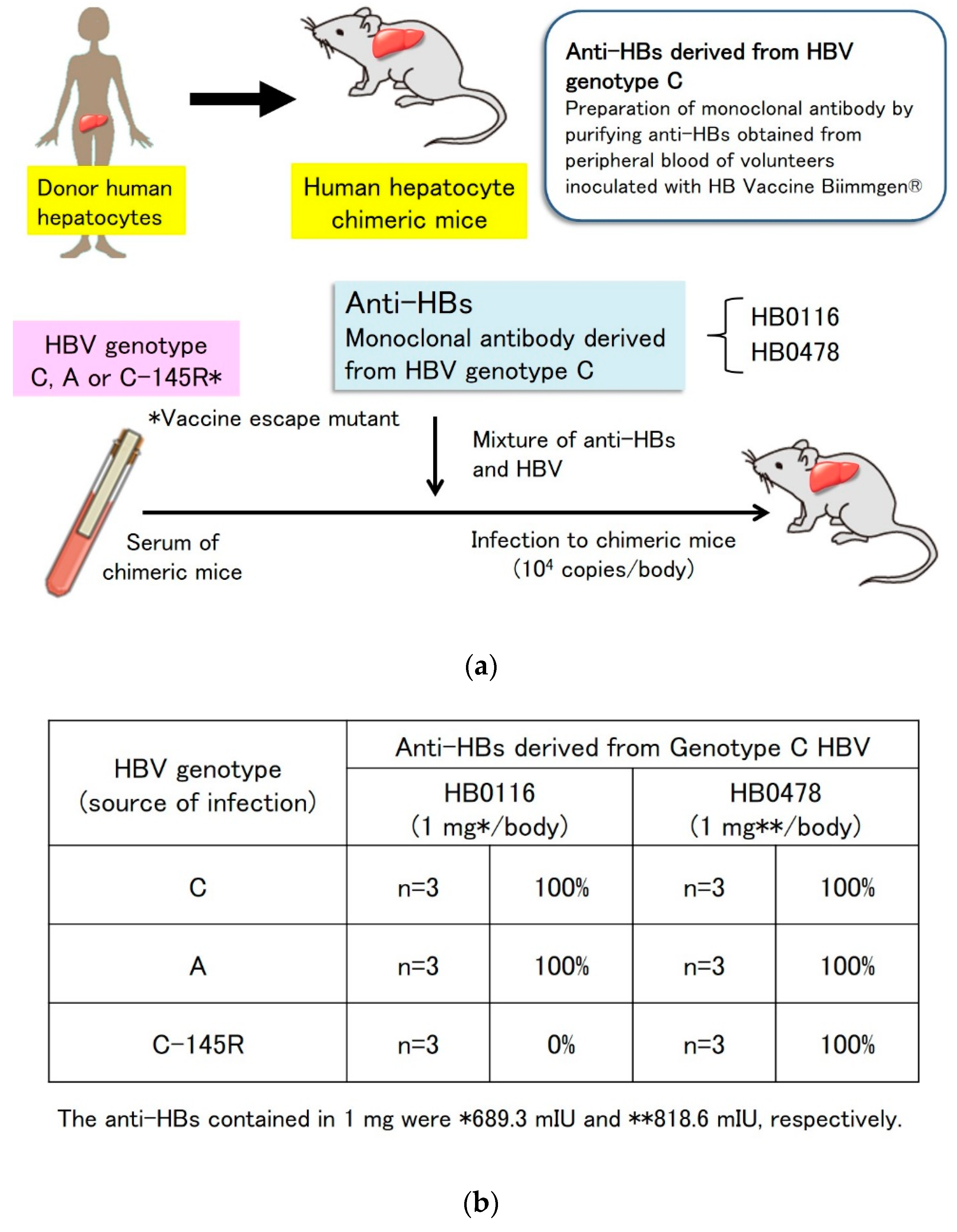How Often Do You Need Hepatitis B Vaccine Booster
The standard course of immunisation involves three injections at 0 1 and 6 months. Sexually active persons who are not in a long-term mutually monogamous relationship eg persons with more than one sex partner during the previous 6 months Persons seeking evaluation or treatment for a sexually transmitted infection.

Hepatitis B Antibody Levels Number Of Vaccine Doses And Core Antigen Download Table
If final titer is positive the requirement will be marked as Complete.
How often do you need hepatitis b vaccine booster. 16 weeks or 3-dose series HepA. 8 weeks dose 1 to dose 3. Men who have sex with men.
At least four weeks between doses 1 and 2. Only certain people should receive a booster dose in specific situations. It is recommended that this course begins within 24 hours of birth with a vaccine against hepatitis B alone.
HB vaccination and 1 dose of HBIg administered within 24 hours after birth are 85 to 95 effective in preventing infection in HB exposed neonates. Booster doses of hepatitis B vaccine are recommended for people who are immunocompromised particularly people with HIV or renal failure. Booster doses are not recommended for people with normal immune status who have been vaccinated 1622.
See Serological testing after hepatitis B vaccination. Monitor the persons levels of antibody to hepatitis B surface antigen every 612 months and give a booster dose when needed. However further investigations are needed before deciding if boosters can be omitted in special patient-groups.
Learn more about Hepatitis B and who is eligible for the vaccines publicly funded free. For healthcare workers including students and trainees a single booster dose once only should be offered approximately 5 years after primary immunisation. Routine administration schedule for hepatitis B vaccine in adults The dosing schedule is 0 1 to 2 months and 4 to 6 months.
Immunisation is the best protection against hepatitis B infection. The World Health Organization recommends all infants receive the first dose of the hepatitis B vaccine within 24 hours of birth often called the birth dose and to complete the vaccine series with additional shots at 1 month and 6 months of age. There is some flexibility in the schedule but be sure to keep in mind the minimum intervals between doses.
Have final Hepatitis B titer drawn 4-6 weeks after the last vaccine in the series. Refer to recommendations of the Advisory Committee on Immunization Practices ACIP Comments-Administer hepatitis B immune globulin if appropriate-Start hepatitis B vaccine as soon as possible after exposure. The group concluded that there is no evidence to lend support to HAV booster vaccination after a full primary vaccination course in a healthy individual.
Protective antibodies levels induced by Hepatitis B virus HBV vaccine persist for long-term after primary immunization but there is evidence that as the time since vaccination increases there is a reduced ability to maintain immune memory. Hepatitis B is a highly infectious virus that can be passed on if you come into contact with the blood or other bodily fluids of an infected person. Identification of risk factor not required.
Hepatitis B vaccine is usually given as 2 3 or 4 shots. Hepatitis B vaccine is given as a two or three dose series depending on the age that you receive the vaccine. An accelerated course of 0 1 and 2 months is possible - also for combined hepatitis A and B vaccines.
Beginning the hepatitis B vaccine at birth will ensure protection against hepatitis B for life. If you have already had a course of 3 hepatitis B vaccines and need a booster or require a vaccine to complete your course use this service to. In general you only need the complete Hepatitis B vaccine series once in a lifetime.
Following a primary course of immunisation most individuals do not require a reinforcing dose of a hepatitis B-containing vaccine. 4 weeks dose 2 to dose 3. Dose 1 to dose 2.
1 additional vaccine is needed Receive as soon as possible after you receive notice that the repeat titer was negative. Infants should get their first dose of hepatitis B vaccine at birth and will usually complete the series at 6 months of age sometimes it will take longer than 6 months to complete the series. 2- or 3-dose series 2-dose series Heplisav-B at least 4 weeks apart 2-dose series HepB only applies when 2 doses of Heplisav-B are used at least 4 weeks apart or 3-dose series Engerix-B or Recombivax HB at 0 1 6 months minimum intervals.
Young adults ages 16 through 23 years preferred age range is 16 through 18 years who are healthy and not at increased risk for sero-group B meningococcal disease described above may receive either a 2-dose series of MenB-4C at least 1 month apart or a 2-dose series of MenB-FHbp at 0 and 6 months for short-term protection against most strains of serogroup B meningococcal disease. Use recommended doses of above on a 0 1 and 6 month schedule OR a 0 1 2 and 12 month schedule. The study aim was to determine the prevalence and the duration of persistence of an anti-HBs titer with 10mIUmL and eventual predictors of.
Further doses are routinely given at 2 months 4 months and 6 months as a combination vaccine. HBIG should ideally be given within 48 hours but you can still have it up to a week after exposure. Adults who need protection very quickly eg within 48 hours.
Are booster doses of hepatitis B vaccine recommended. Babies and hepatitis B vaccination. In some situations you may also need to have an injection of antibodies called specific hepatitis B immunoglobulin HBIG along with the hepatitis B vaccine.

Vaccines Free Full Text Cross Protection Of Hepatitis B Vaccination Among Different Genotypes Html
Hepatitis B Virus Hepatitis B Virus Infection Hbv Infection

Pdf Hepatitis B Vaccine And Immunoglobulin Key Concepts
Posting Komentar untuk "How Often Do You Need Hepatitis B Vaccine Booster"